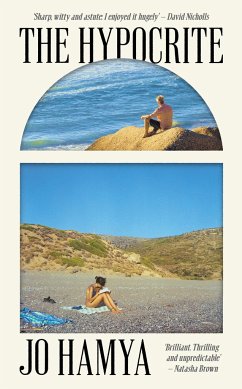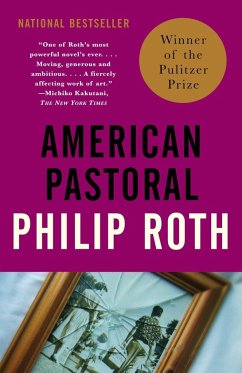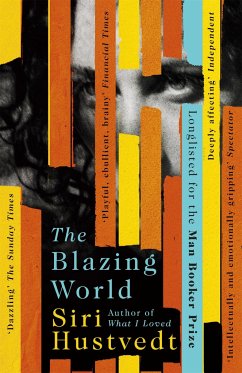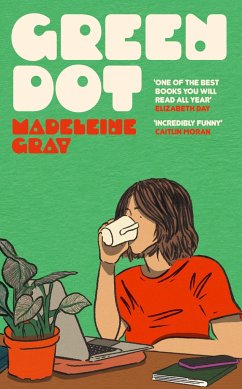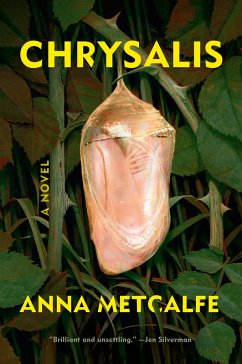
The Hypocrite
Shortlisted for the Nero Book Awards 2024 and longlisted for the Dylan Thomas Prize 2025
Versandkostenfrei!
Versandfertig in 3-5 Tagen
14,99 €
inkl. MwSt.
Weitere Ausgaben:

PAYBACK Punkte
7 °P sammeln!
From the author of Three Rooms, comes a novel about a father and a daughter, about generational divides and whether one should bite one's tongue out of love




